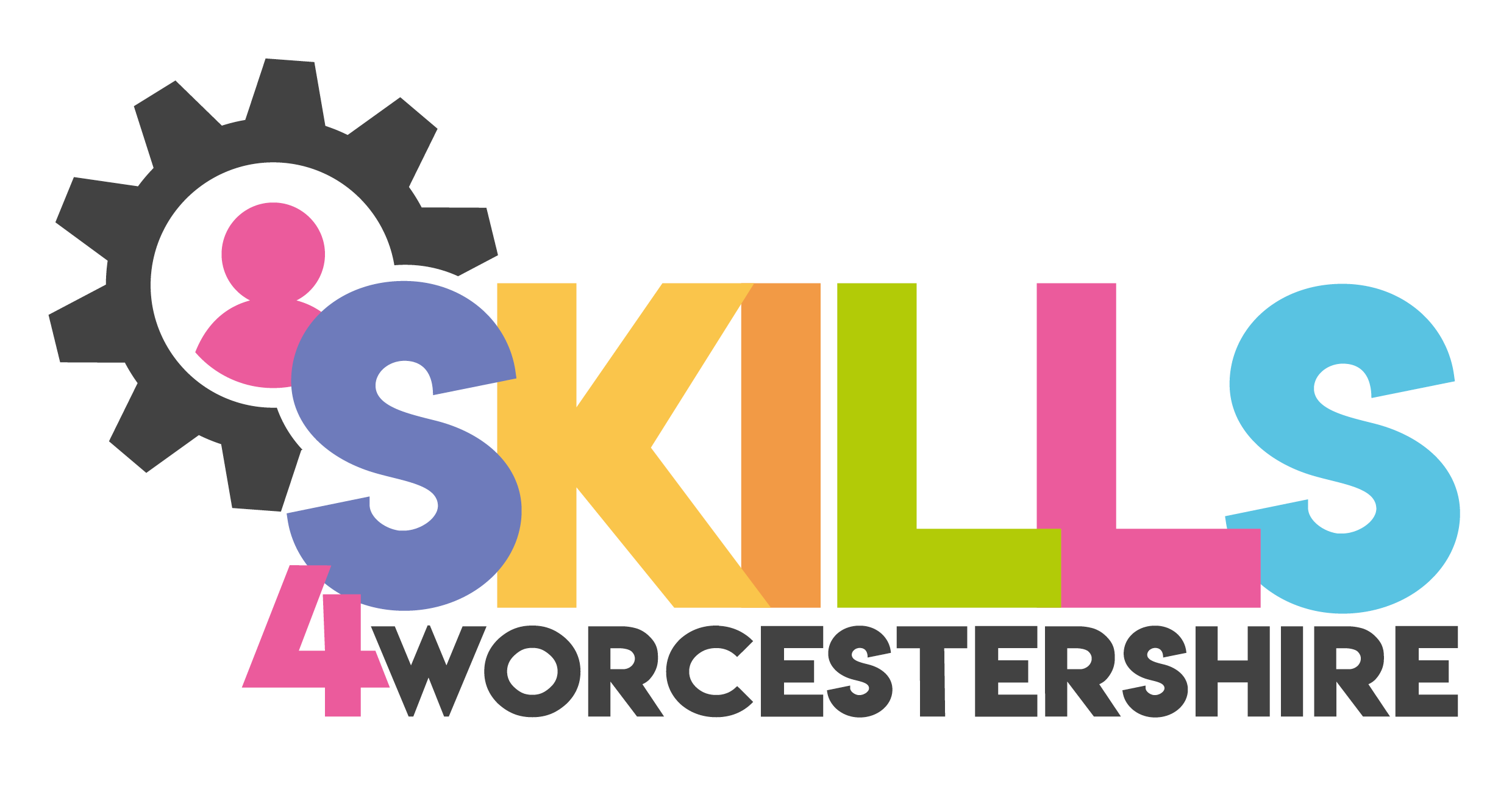
Apprenticeships for All
An apprenticeship is a paid job where you can learn and gain valuable experience with support from other staff and tutors.
Alongside on-the-job training, apprentices spend at least 20% of their working hours completing classroom-based learning with a college, university or training provider which leads to a nationally recognised qualification.
An Apprenticeship includes
- paid employment with holiday leave
- hands-on-experience in an industry sector/ role of interest
- at least 20% off-the-job training
- a formal assessment which leads to a nationally recognised qualification
Apprenticeships are available from Level 2 all the way up to level 7, this might not be a starting point for everyone but worth remembering for future goals.
Apprenticeships information and support
- Worcestershire Apprenticeships | Helping young people and employers achieve through Apprenticeships
- Apprenticeships GOV.UK
Do you have an Education, Health and Care Plan (EHCP)?
An apprenticeship can still be a viable option for you if you have an EHCP and you aren’t yet learning to a level 2 qualification.
Almost all advertised apprenticeships can be adjusted to the learning needs of an individual if you have an EHCP.
Apprenticeship adjustments for someone with an EHCP
- adjustments can be made to the working hours and duration of the apprenticeship where applicable. A students can extend the length of the apprenticeship to allow time to complete the written work
- learners with an EHCP can be exempt from the apprenticeship minimum requirement of having to hold a Level 2 in English and Maths. A EHCP learner needs to be at entry level 3 to access the apprenticeship
- candidates will be supported from the off by an in-house mentor for additional support throughout their apprenticeship.
- the employer can make reasonable adjustments to the workplace ensure the learners needs are met
- additional financial support can be gained through Access 2 Work support with things like travel, special equipment, a job coach and more. Find out more about Access to Work
Applying for an Apprenticeship with an EHCP:
If you currently have an EHCP (Education, Health and Care Plan) and you wish to apply for an apprenticeship, simply talk to the provider before hand and state you hold an EHCP and will need to have the adjustments made to the course.
You can also access support with this through the Worcestershire Apprenticeship team.
Documents to download
Download: What is an Apprenticeship? (PDF)
Download: What is an Apprenticeship? SEND (PDF)
Download: What is an Apprenticeship? SEND InPrint (PDF)
Download: Apprenticeships for All Flyer (PDF)
Download: Apprenticeships for All guide (PDF)

 Facebook
Facebook X
X Email
Email WhatsApp
WhatsApp Messenger
Messenger